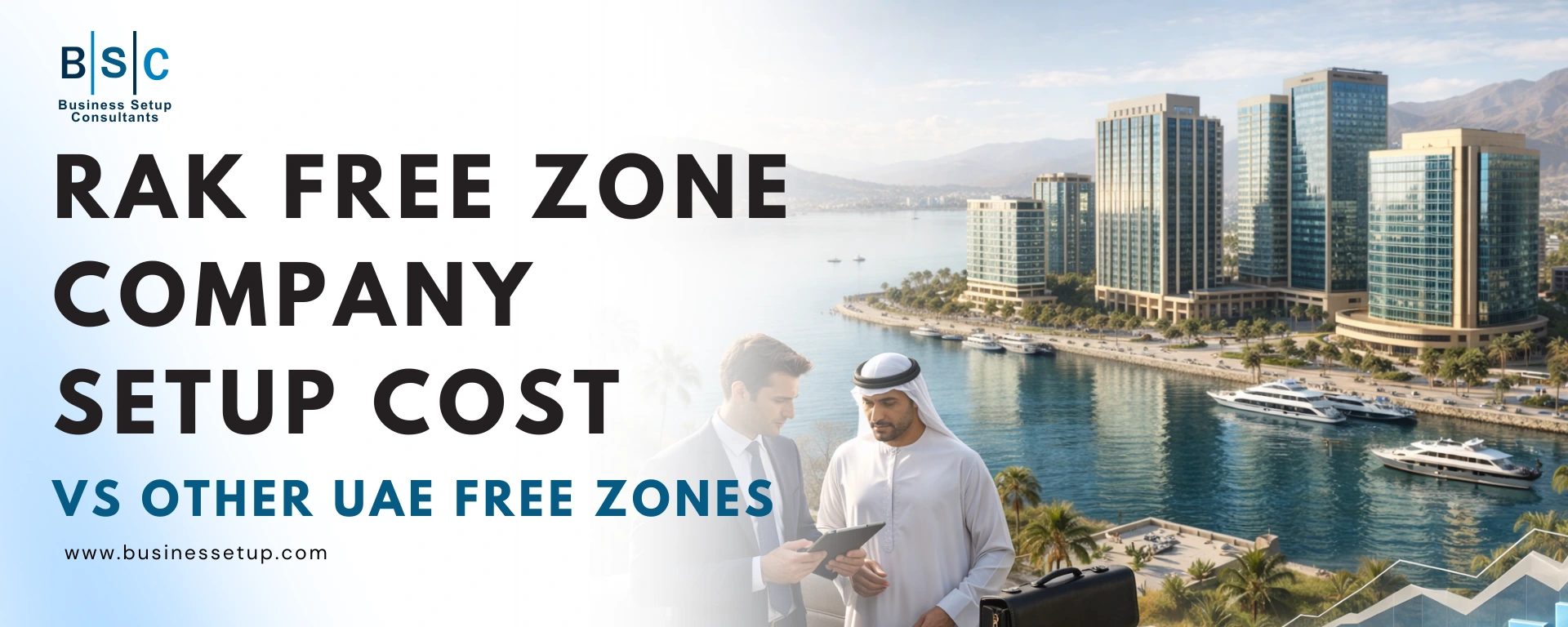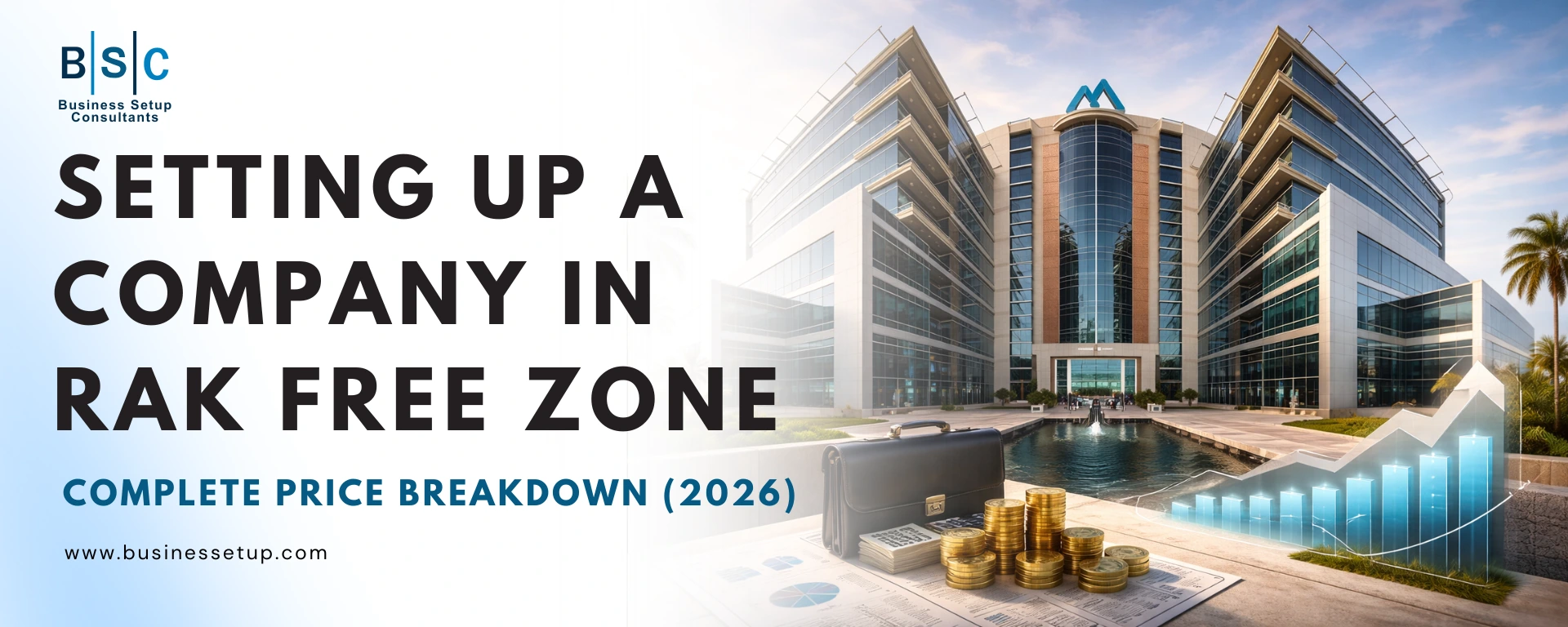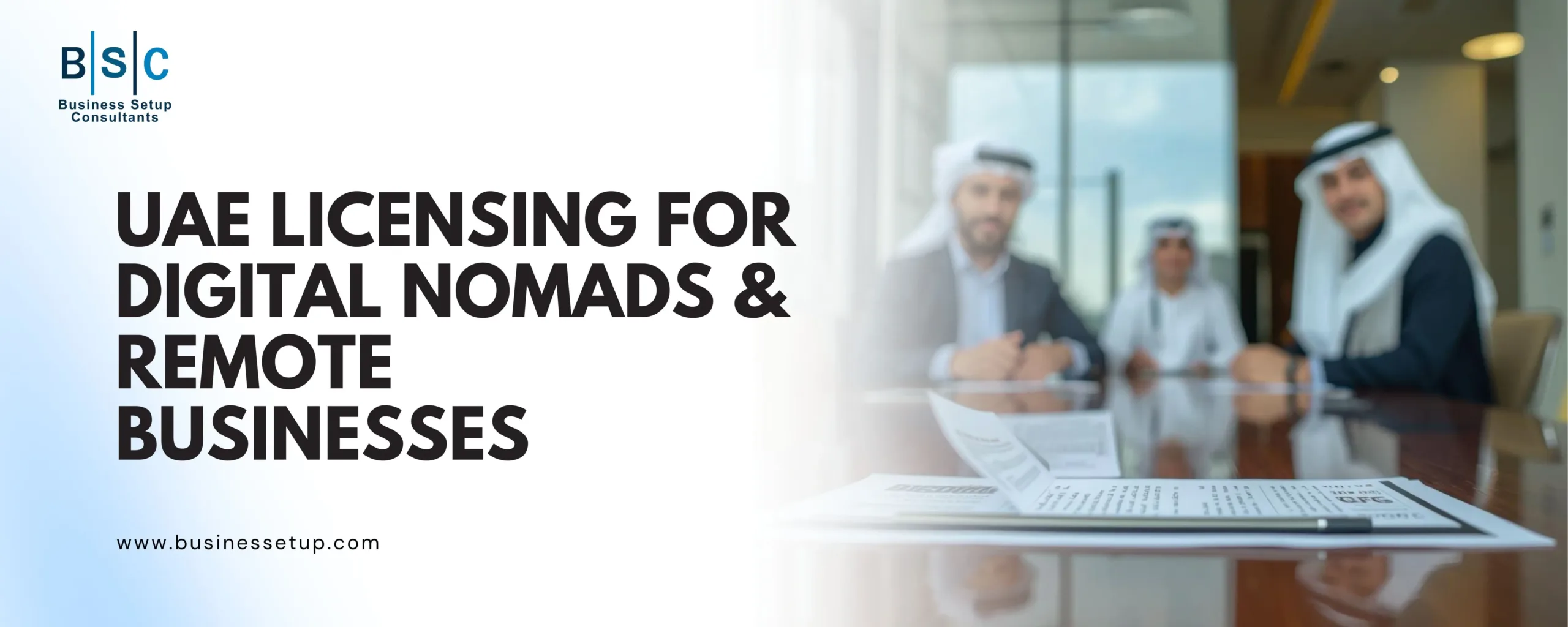
Establish a UAE Foundation in DIFC or ADGM with Our Help
Setting up a Foundation in the UAE can be complex and requires careful planning and attention to detail.
A foundation in the UAE is a type of legal entity that has recently gained a lot of attention. It is separate from its founders and operates under its own governance structure. Foundations can be set up for various purposes, including asset protection, social welfare, wealth structuring, and inter-generational legacy planning.
Most UAE foundations are governed by the Commercial Companies Law (the “Companies Law”) and its implementing regulations. Foundations incorporated in free zones are subject to the rules and regulations applicable within the jurisdiction.
- DIFC Foundation: An Overview
- Main Areas of Focus
- Features of DIFC Foundations
- Major Achievements and Impact
- Future Outlook and Plans
- Steps to form a Foundation
- Step 1: Choose a Purpose and Name for the Foundation
- Step 2: Identify the Initial Endowment
- Step 3: Choose the Type of Foundation in the UAE
- Step 4: Prepare the Foundation’s Articles of Association
- Step 5: Register the UAE Foundation
- Step 6: Obtain Necessary Permits and Approvals
- Step 7: Establish the Foundation’s Governance Structure
- Step 8: Commence Operations
DIFC Foundation: An Overview
The DIFC Foundation, also known as Dubai International Financial Centre, was established in 2010 as a non-profit international foundation under the DIFC Laws and regulated by the Dubai Financial Services Authority (DFSA). Its primary objectives include promoting thought leadership, facilitating research and educational initiatives, and supporting corporate social responsibility (CSR) programs within the DIFC’s robust legal framework.
The Foundation is governed by a Foundation Council comprising esteemed industry leaders and representatives from the DIFC Authority. This governance structure, with appointed Council Members, ensures strategic oversight and alignment with the broader vision of the DIFC and its laws.
Main Areas of Focus
Promoting Financial Services in the UAE
The DIFC Foundation is crucial in promoting the UAE’s financial services sector. It actively facilitates investment opportunities and supports the growth of the industry by organizing conferences, seminars, and networking events. These platforms foster collaboration, knowledge sharing, and the exchange of best practices among industry stakeholders, including private clients and corporate services providers.
Fostering Thought Leadership and Research
As a knowledge hub, the DIFC Foundation encourages thought leadership and research initiatives in line with its Foundation Charter. It collaborates with academic institutions, industry experts, and research organizations to conduct studies and publish insightful reports on emerging trends, challenges, and opportunities in the financial sector, including areas such as corporate structuring and holding company setups. These efforts contribute to informed decision-making and drive innovation within the industry.
Corporate Social Responsibility (CSR) Initiatives
The Foundation recognizes the importance of giving back to the community and promoting sustainability. It actively supports various CSR initiatives, including community outreach programs, educational initiatives with a charitable purpose, and environmental sustainability efforts. These initiatives aim to create a positive impact on society and foster a culture of corporate responsibility within the financial services sector.
Features of DIFC Foundations
The legal framework for DIFC Foundations is enshrined in the DIFC Law No. 3 of 2018, commonly referred to as the “DIFC Foundations Law.” This comprehensive legislation, which came into force in March 2018, was enacted with the primary aim of offering an alternative avenue for private wealth structuring and management within the DIFC’s robust financial ecosystem.
The DIFC Foundations offer a robust and flexible legal structure for wealth management and succession planning purposes under the DIFC Laws. Key features include perpetual existence, ability to own assets including real estate and hold investments, option for charitable or non-charitable purposes, and tax neutrality. DIFC Foundations require a council to govern them, with stringent rules around record-keeping and disclosure of beneficial owners.
They provide an ideal vehicle for estate and asset protection planning while offering privacy and confidentiality under DIFC’s Personal Status Law. The laws governing DIFC Foundations are based on modern international precedents, making them an attractive option for global private clients seeking a reputable common law jurisdiction. Foundations must appoint a qualified local registered agent in the DIFC to meet regulatory requirements.
Major Achievements and Impact
Since its inception, the DIFC Foundation has made significant contributions to the UAE’s financial landscape. Its initiatives have facilitated investment opportunities, fostered knowledge sharing, and supported the growth of the financial services industry, including areas such as wealth management and capital markets.
The Foundation has received recognition and awards for its efforts, including acclaim for its thought leadership and research publications in line with DIFC Laws.
Future Outlook and Plans
The DIFC Foundation remains committed to its mission of promoting financial excellence in the UAE. With a keen eye on emerging trends and opportunities, the Foundation has several upcoming projects and initiatives lined up. These include expanding its research scope, fostering international collaborations, and enhancing its CSR programs to create a more significant impact.
While navigating challenges such as evolving regulatory landscapes, global economic dynamics, and potential conflicts with foreign laws, the Foundation remains steadfast in its pursuit of positioning the UAE as a leading global financial center. Its vision for the future is to continue driving innovation, fostering talent development, and contributing to the sustainable growth of the financial services industry, including areas such as corporate structuring, holding company setups, and wealth management solutions for beneficial owners and qualified recipients.
Steps to form a Foundation
Step 1: Choose a Purpose and Name for the Foundation
Before setting up a Foundation, it is essential to identify the purpose for which it will be established. The foundation’s purpose should align with the UAE’s legal and regulatory framework. Once the purpose has been identified, the foundation’s name should be chosen. The name should reflect the purpose of the foundation and should comply with the local naming conventions.
Step 2: Identify the Initial Endowment
The UAE requires foundations to have an initial endowment, the capital needed to establish and operate the foundation. The endowment can be in the form of cash, property, or other assets. The amount of the endowment will depend on the purpose and scope of the foundation’s activities and must be sufficient to cover the foundation’s expenses.
Step 3: Choose the Type of Foundation in the UAE
Two types of DIFC foundations can be established in the UAE: public foundations and private foundations. Public foundations are established for the benefit of the general public, while private foundations are established for the benefit of a specific group of individuals or a particular cause.
Typically, when a client desires to safeguard their assets, they enlist the services of a lawyer or corporate service provider such as us to establish a foundation under their name. The client assumes the role of founder, with their family named as beneficiaries of the foundation.
The founder may also participate in the council of members, along with at least one other individual or legal entity. In addition, to ensure proper oversight, a guardian who has the authority to monitor the council’s actions and safeguard the founder’s intentions may be appointed.
Foundations in the UAE can be set up under various regimes some of the most popular ones are:
- Dubai International Financial Center (DIFC)
- Abu Dhabi Global Market (ADGM)
- RAK International Corporate Centre (RAK ICC)
Step 4: Prepare the Foundation’s Articles of Association
The Articles of Association are the legal document that outlines the purpose and scope of the foundation’s activities, as well as the governance structure of the foundation. The Articles of Association must comply with the jurisdictions’ legal and regulatory framework.
Step 5: Register the UAE Foundation
Once the Articles of Association have been prepared, they must be submitted to the relevant UAE authorities for registration. The registration process can take several weeks and requires the submission of various documents, including:
- The foundation’s Articles of Association
- A copy of the founder’s passport or identification card
- A copy of the initial endowment
- A letter from a UAE bank confirming the deposit of the initial endowment
- A copy of the lease agreement for the foundation’s office (if applicable)
Step 6: Obtain Necessary Permits and Approvals
Once the foundation has been registered, obtaining permits and approvals from various UAE authorities may be necessary, depending on the nature of the foundation’s activities. For example, if the foundation is engaged in educational activities, obtaining approval from the Ministry of Education may be necessary. On the other hand, if the foundation is established within a free zone, it may be possible to obtain all approvals internally.
Step 7: Establish the Foundation’s Governance Structure
The foundation’s governance structure is outlined in the Articles of Association and typically includes a board of directors or trustees responsible for overseeing the foundation’s activities. The governance structure should ensure transparency, accountability, and effective management of the foundation’s activities.
Step 8: Commence Operations
Once the foundation has been registered and all necessary permits and approvals have been obtained, it can commence operations. The foundation’s activities should be in line with its purpose and scope and should be conducted in a transparent and accountable manner.
The DIFC Foundation is a vital component of the UAE’s financial ecosystem, playing a pivotal role in promoting the growth and development of the financial services industry, including wealth management, capital markets, and corporate services. Setting up a foundation in the UAE can be a complex process that requires careful planning and attention to detail. As it continues to navigate the ever-evolving landscape, the DIFC Foundation remains dedicated to its mission of fostering a thriving and sustainable financial services sector in the UAE, while adhering to the DIFC Laws and regulations set forth by the Dubai Financial Services Authority (DFSA) and the DIFC Courts. If you want to start a foundation in the UAE, contact us today for a free consultation.
You might also find the following articles interesting:








